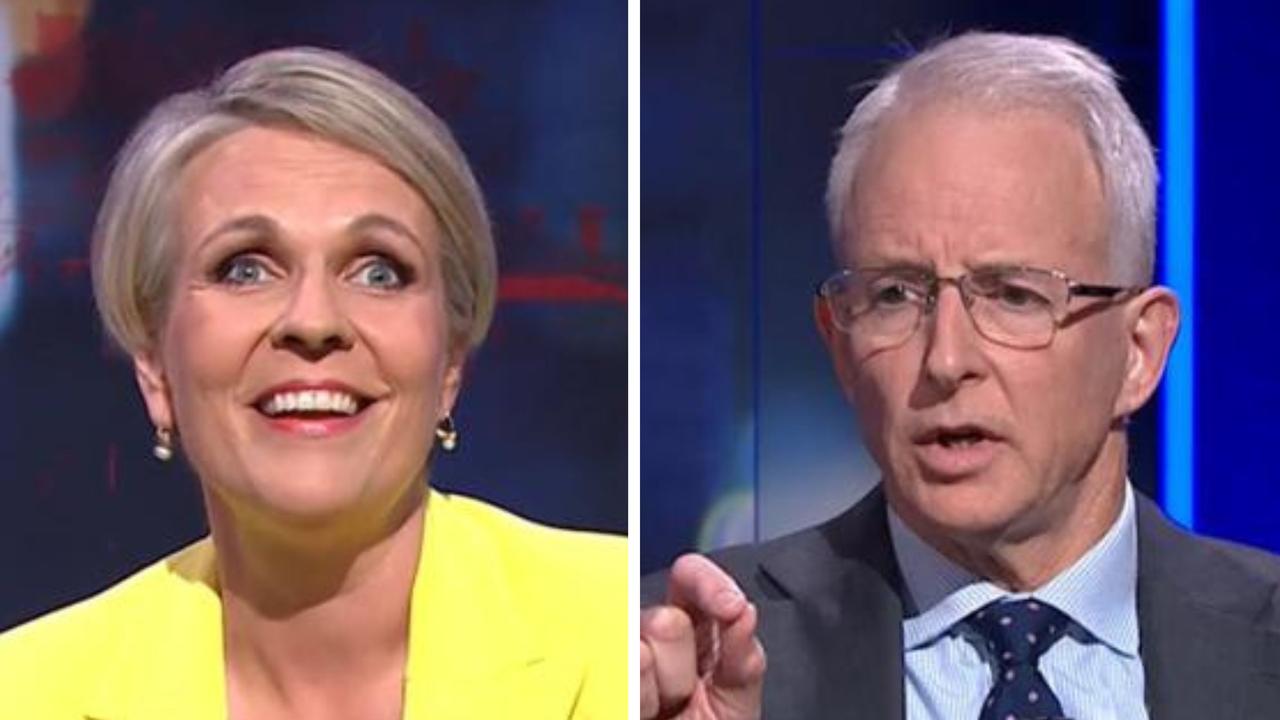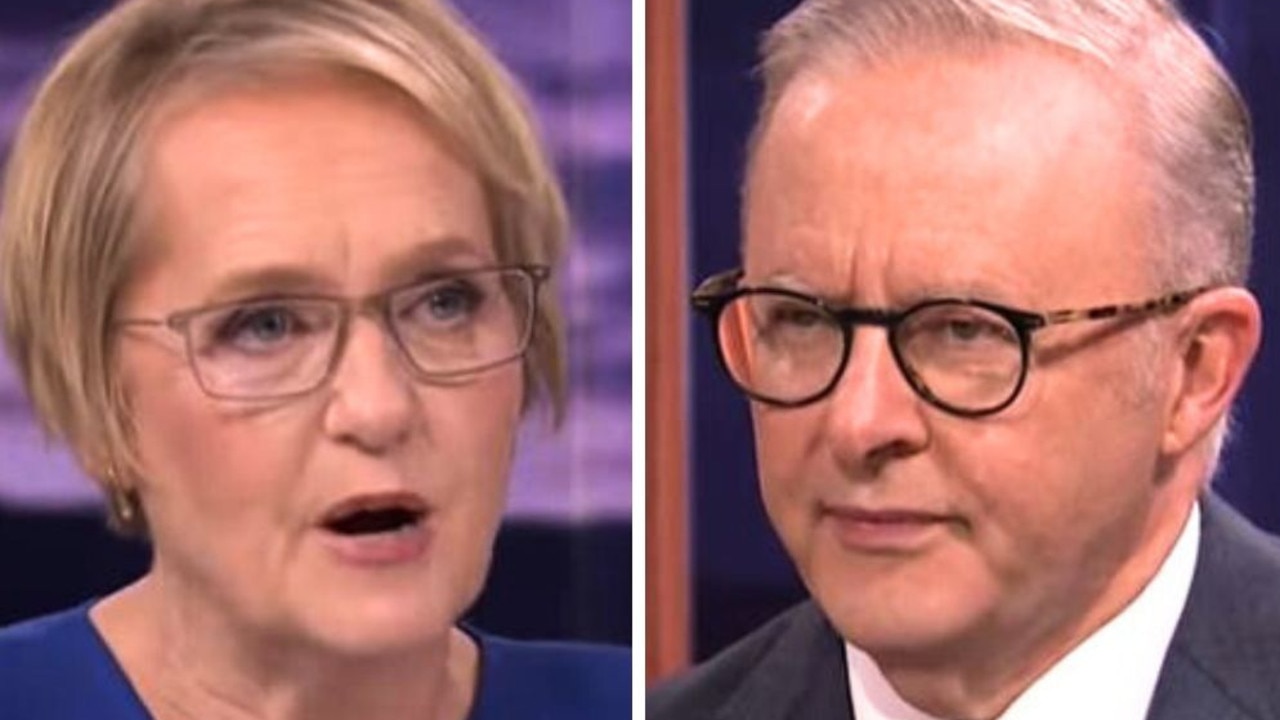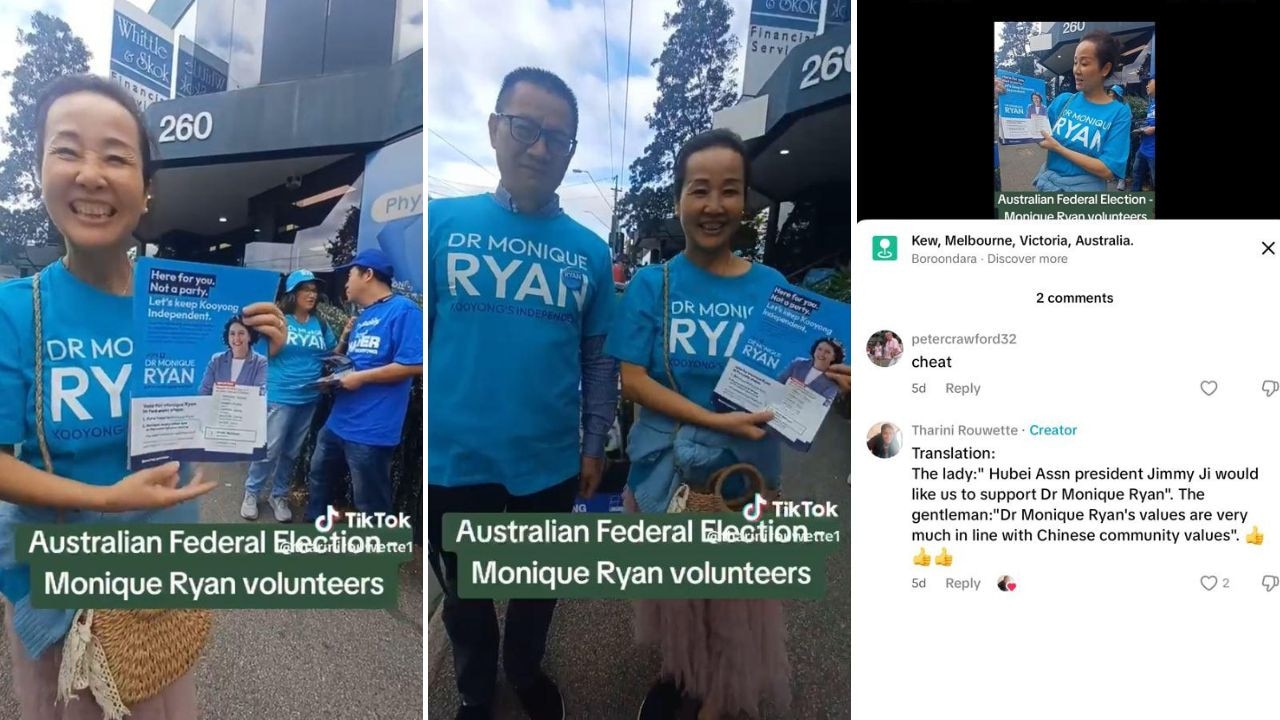Labor claims ‘Same Job, Same Pay’ policy already driving up Australians’ wages
New data from a Labor-aligned think tank is being wielded to argue one of the party’s key wage policies is already working better than expected.
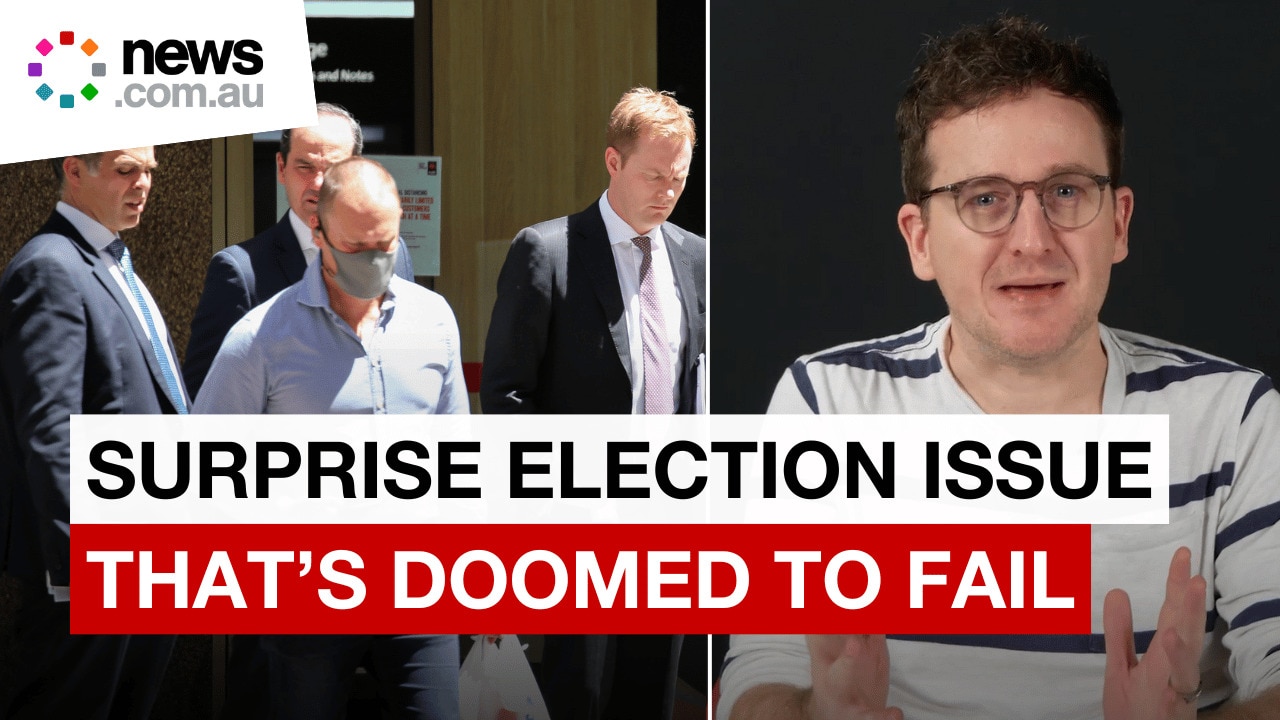
New research by a Labor-aligned think tank, the McKell Institute, claims the Albanese government’s “Same Job, Same Pay” framework has driven significant gains in wages across the country.
Same Job, Same Pay was introduced in 2023 as an amendment to The Fair Work Act. Its purpose was to close the so-called “labour hire loophole”; the law requires labour hire workers engaged by a host company to get the same pay as that company’s own employees, in certain circumstances.
Labor is warning voters that Peter Dutton, if elected, would repeal the law – however that is not a commitment Mr Dutton has actually made. Coalition Finance spokeswoman Jane Hume said in September that if elected, the legislation would be reviewed.
McKell’s report, which will be released on Thursday, argues wage growth spurred by the law change is already “outstripping” the government’s forecasts.
“Same Job, Same Pay was designed to restore fairness to Australian workplaces,” said the progressive thinktank’s CEO, Ed Cavanough.
“This report shows it is doing exactly that, and on a far greater scale than many expected.”

The document underpinning those words does cite several case studies, drawn from industries like mining and retail.
For example, it highlights a cohort of nearly 200 workers at a Kmart warehouse in Brisbane. Before the Same Job, Same Pay reform went into effect, they were earning $35.62 per hour. After, that rose to $47.18 an hour.
In the mining sector, McKell says the law has impacted a “widespread practice” of mine operators outsourcing large chunks of their workforce to labour hire companies.
“These workers perform the exact same work as permanent employees, but on pay rates up to 40 per cent lower than enterprise bargain-covered employees,” the report says.
“According to data provided by the Mining and Energy Union to the McKell Institute, since
November 2024, 17 Same Job, Same Pay orders have been made at twelve sites in the mining industry, with a further 38 orders at 18 sites pending or being contested by employers.
“Across the mining industry, the approximately 1500 workers who are currently benefiting
from, or are subject to benefit from, Same Job, Same Pay orders are anticipated to receive,
on average, $31,300 higher pay as a direct result.
“In aggregate, the potential wage uplift just across made, pending, and under consideration is worth over $200 million.”
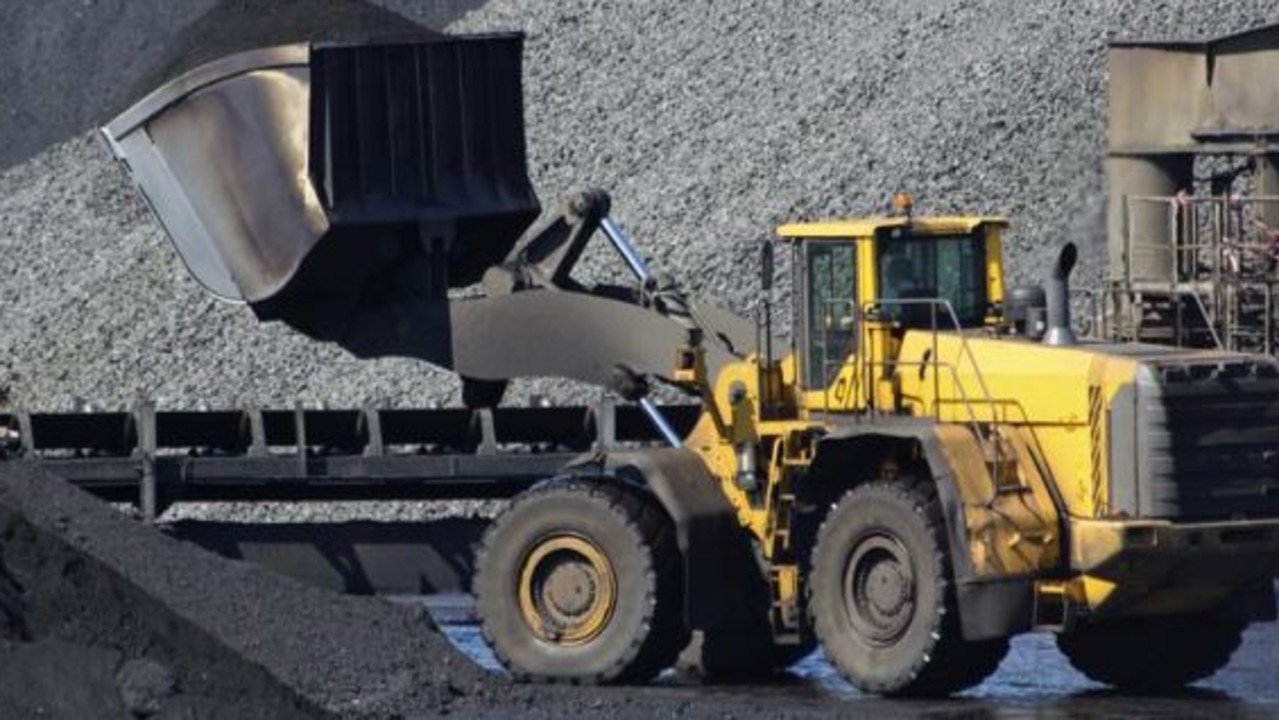
So, the think tank has taken this data and made some forecasts about the future impact of keeping Same Job, Same Pay in place.
“Our analysis of the scheme suggests that early estimates of its annual aggregate wage impact did not fully capture the magnitude of the potential wage gains,” it concludes.
“We find that after accounting for empirically observed wage gains, part-time employment, population growth, and hours worked, the annual aggregate wage impact may be in the low billions, rather than the original $510.5 million estimated.”
It argues Same Job, Same Pay is “likely to contribute to an aggregate annual wage uplift of up to $920.3 million in a ‘middle of the road’ scenario, and well over $1 billion in an upper case scenario.
“For too long, employers used labour hire as a tool to undercut enterprise agreements – slashing wages and creating two-tiered workforces at the same sites,” Mr Cavanough said.
“This wasn’t flexibility. It was wage suppression. And the consequences were being felt by workers, families, and entire communities, particularly in regional areas.
“The data tells a clear story: the wage gains are real, they’re substantial, and they’re being delivered without any adverse impact on jobs or economic performance.
“Wage justice isn’t just about equity. It’s about growth. When you give workers a fair go, you boost household budgets, lift regional economies, and strengthen the entire country.
“Critics predicted disaster. What we’re seeing instead is rising wages and growing confidence.”
Employment and Workplace Relations Minister Murray Watt has also chimed in.
“These are workers who wear the same uniform, do the same work, work the same rosters but have been paid significantly less than their colleagues,” said Mr Watt.
“They do the same job and they deserve the same pay.
“Peter Dutton and the Coalition want to scrap these laws, the very laws that are making sure people are being paid fairly.
“Now we know this would rip billions of dollars out of workers’ pay packets and the wider economy, particularly in regional Australia.
“It’s pure arrogance – they brag about being on the side of bosses and have promised massive cuts.
“And when Peter Dutton cuts, you pay.”


